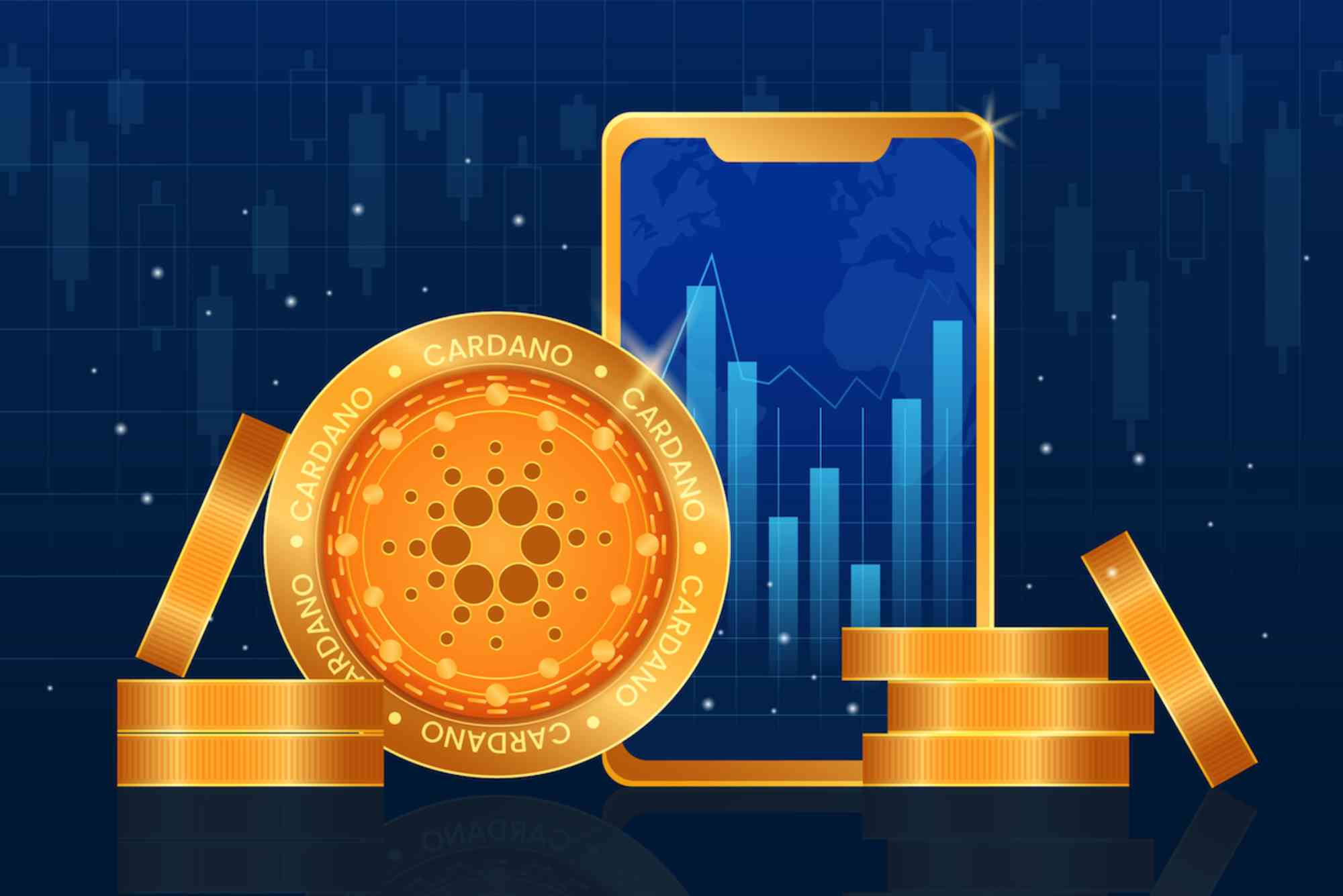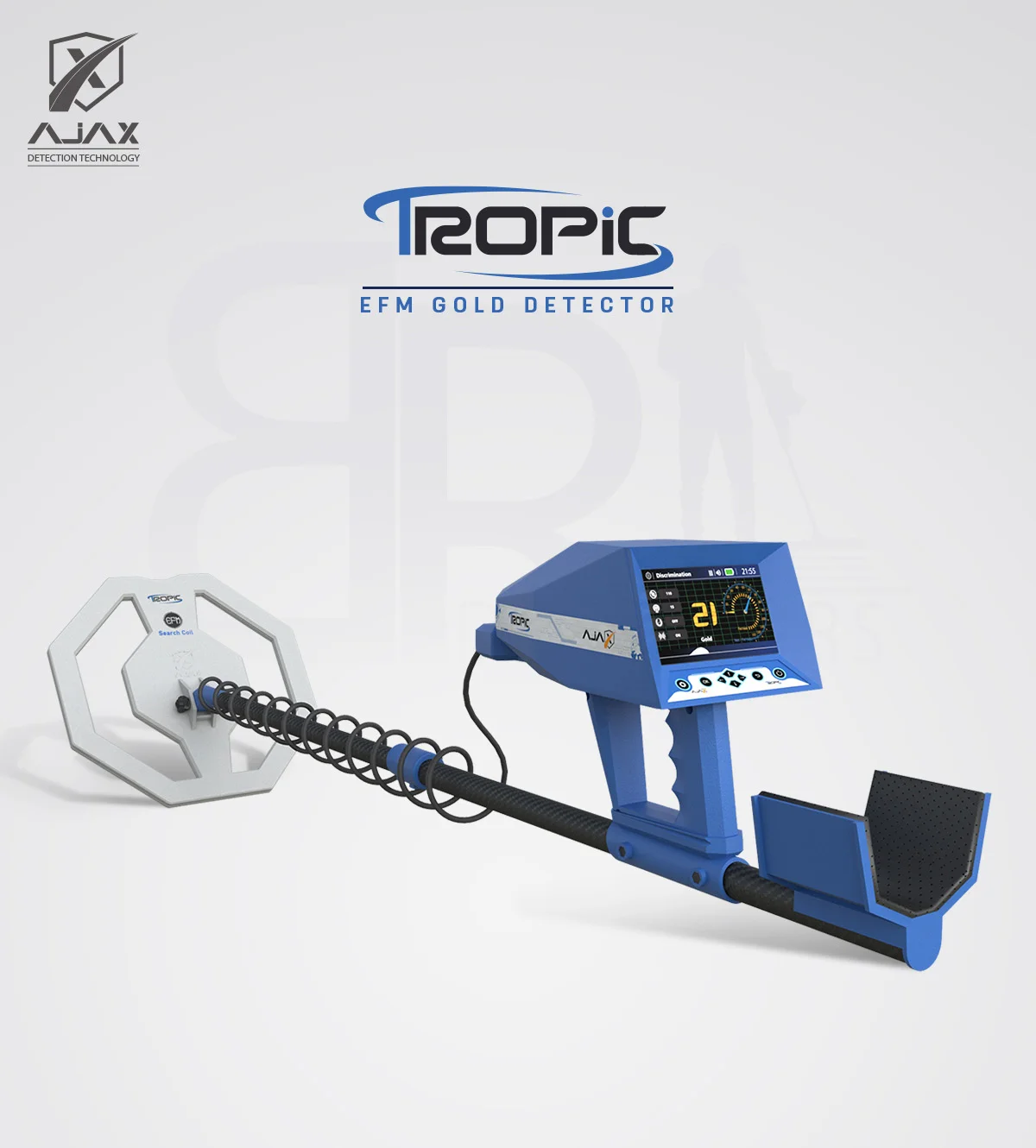Altcoin Exchanges: Where to Trade Your Favorite Coins
The cryptocurrency market has evolved tremendously over the last decade. Bitcoin may have started it all, but today, hundreds of altcoins compete for attention. For investors, traders, and enthusiasts, the key to accessing these diverse digital assets lies in using a reliable altcoin exchange. Choosing the right platform is crucial, not only for security and ease of use but also for liquidity, trading options, and fees. Understanding the world of altcoin exchanges is essential for anyone serious about cryptocurrency trading.
Understanding Altcoin Exchanges
An altcoin exchange is a digital marketplace where traders can buy, sell, or exchange alternative cryptocurrencies other than Bitcoin. These platforms often offer a wide range of coins, from well-known ones like Ethereum and Ripple to newer, niche projects. Unlike traditional financial exchanges, crypto exchanges operate online, allowing global access 24/7. They bridge the gap between fiat currencies like USD, EUR, or local currencies and digital assets, making them indispensable tools for traders.
Centralized vs. Decentralized Exchanges
Centralized exchanges (CEXs) operate under a central authority that manages transactions, security, and user accounts. Examples include Binance, Coinbase, and Kraken. They offer high liquidity, fast transactions, and a user-friendly interface, which is ideal for beginners. However, centralized exchanges carry the risk of hacks and require users to trust the platform with their funds.
Decentralized exchanges (DEXs), on the other hand, operate without a central authority. Platforms like Uniswap, SushiSwap, and PancakeSwap allow peer-to-peer trading through smart contracts on blockchain networks. Users retain control over their private keys, reducing the risk of centralized hacks. However, DEXs may involve higher technical complexity, slower transactions, and lower liquidity for certain altcoins.
Key Features of a Good Altcoin Exchange
When selecting an altcoin exchange, several factors determine the quality of the trading experience.
Security Measures
Security should always be the top priority. Look for exchanges that offer two-factor authentication (2FA), cold storage of funds, and strong encryption practices. Regulatory compliance is also essential, as licensed exchanges are more likely to adhere to legal and security standards.
User Interface and Experience
A clean, intuitive interface can significantly enhance the trading experience. Beginners benefit from straightforward dashboards, clear charts, and easy navigation, while advanced traders need customizable interfaces with advanced charting tools.
Trading Options and Liquidity
High liquidity ensures that users can buy or sell altcoins quickly without significant price slippage. Exchanges offering multiple trading pairs, spot trading, margin trading, and even derivatives provide more flexibility for traders to execute strategies efficiently.
Fees and Costs
Trading fees can impact profitability, especially for frequent traders. Look for exchanges with transparent fee structures, competitive spreads, and incentives such as fee reductions for using native exchange tokens.
Customer Support
Responsive customer support is critical, especially during technical issues or account disputes. Many exchanges offer 24/7 support via live chat, email, or community forums, which enhances user confidence.
Popular Altcoin Exchanges in 2025
Several exchanges have become household names among crypto enthusiasts due to their reliability, breadth of offerings, and innovation.
Binance
Binance is one of the largest and most versatile altcoin exchanges. It supports hundreds of cryptocurrencies and offers advanced trading features, futures, staking, and lending options. Its high liquidity ensures smooth transactions, and its mobile app makes trading accessible from anywhere.
Coinbase
Coinbase is a beginner-friendly platform ideal for those new to cryptocurrency trading. It supports a wide selection of altcoins, provides secure storage solutions, and complies with regulatory standards in multiple countries. Coinbase Pro caters to more advanced traders seeking lower fees and advanced trading tools.
Kraken
Kraken is known for its strong security measures and transparent operations. It offers margin trading, futures, and a wide range of altcoins. Kraken’s customer support and educational resources make it suitable for both beginners and experienced traders.
Uniswap and Other DEXs
For those who prefer decentralized trading, Uniswap, SushiSwap, and PancakeSwap provide access to altcoins without centralized intermediaries. Users retain control over their funds and can explore newly launched tokens not listed on major centralized exchanges.
Tips for Trading Altcoins
Trading altcoins requires strategy, research, and discipline. Here are some tips to maximize your success:
Research Before Trading
Understanding the project behind each altcoin is essential. Review its whitepaper, developer activity, partnerships, and market potential. This reduces the risk of investing in low-quality or scam projects.
Diversify Your Portfolio
Diversification spreads risk across multiple assets. Avoid putting all your funds into a single altcoin, as the cryptocurrency market is highly volatile. A balanced portfolio can protect against sudden price swings.
Monitor Market Trends
Stay updated on market trends, news, and regulatory developments. Social media platforms, crypto news outlets, and analytics tools can provide insights into price movements and emerging opportunities.
Use Limit Orders
Instead of market orders, consider using limit orders to buy or sell altcoins at desired prices. This helps manage entry and exit points more effectively and can prevent losses during volatile market conditions.
Keep Security in Mind
Never share private keys or passwords. Consider using hardware wallets for long-term storage of altcoins and enable all available security features on your chosen exchange.
Common Challenges with Altcoin Exchanges
While altcoin exchanges provide tremendous opportunities, traders may face challenges.
Volatility and Liquidity Risks
Altcoins often experience extreme price fluctuations. Low liquidity can exacerbate slippage, making it difficult to enter or exit positions at intended prices.
Regulatory Uncertainty
Cryptocurrency regulations vary by country and can impact exchange operations. Traders must stay aware of local laws to avoid legal complications or restricted access to platforms.
Scam Projects and Pump-and-Dump Schemes
Some altcoins may lack legitimate backing, making them prone to manipulation. Educating yourself and relying on reputable exchanges can reduce exposure to scams.
Future of Altcoin Exchanges
The altcoin exchange landscape continues to evolve. Innovations such as layer-2 scaling solutions, cross-chain trading, and integration of decentralized finance (DeFi) services are enhancing trading efficiency. Increased regulatory clarity may also boost user confidence and institutional participation. Exchanges that prioritize security, usability, and a diverse selection of altcoins will continue to dominate the market.
Altcoin exchanges are essential gateways for anyone interested in trading or investing in cryptocurrencies. By understanding the differences between centralized and decentralized exchanges, evaluating key features, and following strategic trading practices, users can navigate the altcoin market with confidence. Whether you are a beginner looking for a secure and user-friendly platform or an experienced trader seeking advanced tools, choosing the right altcoin exchange is critical to success. Start exploring reputable platforms today, conduct thorough research, and make informed trading decisions to maximize your crypto journey.
FAQ
What is an altcoin exchange?
An altcoin exchange is a platform where users can buy, sell, or trade cryptocurrencies other than Bitcoin.
How do I choose a reliable altcoin exchange?
Look for strong security, high liquidity, low fees, user-friendly interfaces, and responsive customer support.
Are decentralized exchanges safer than centralized ones?
DEXs provide more control over funds and reduce the risk of centralized hacks, but they may be more complex and less liquid.
Can I trade altcoins with fiat currency?
Yes, many exchanges allow trading between fiat currencies and altcoins, while others require trading through a major cryptocurrency like Bitcoin or Ethereum.
What are the risks of trading altcoins?
Risks include high volatility, low liquidity, regulatory changes, and scams. Research and diversification can mitigate these risks.
How can I keep my altcoins secure?
Use strong passwords, enable two-factor authentication, consider hardware wallets, and only trade on trusted exchanges.




